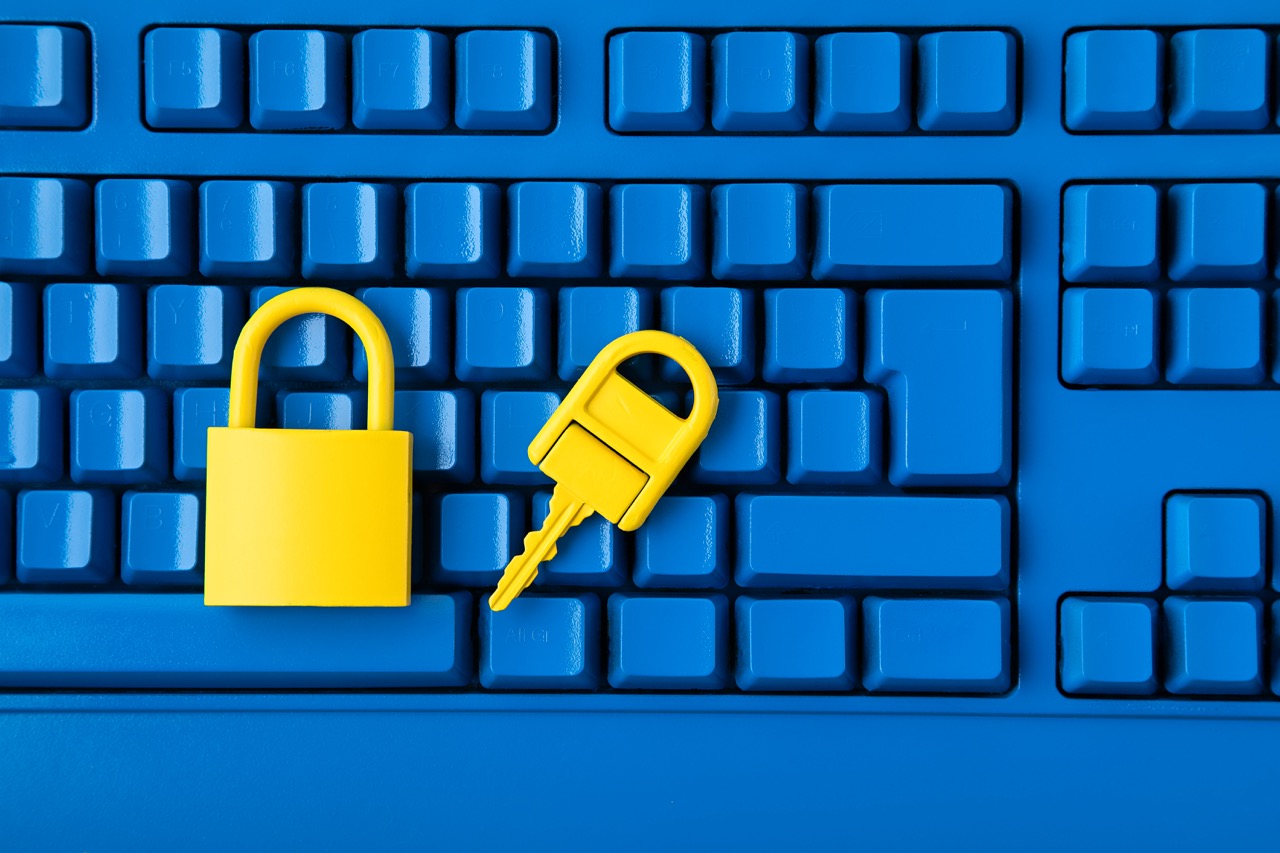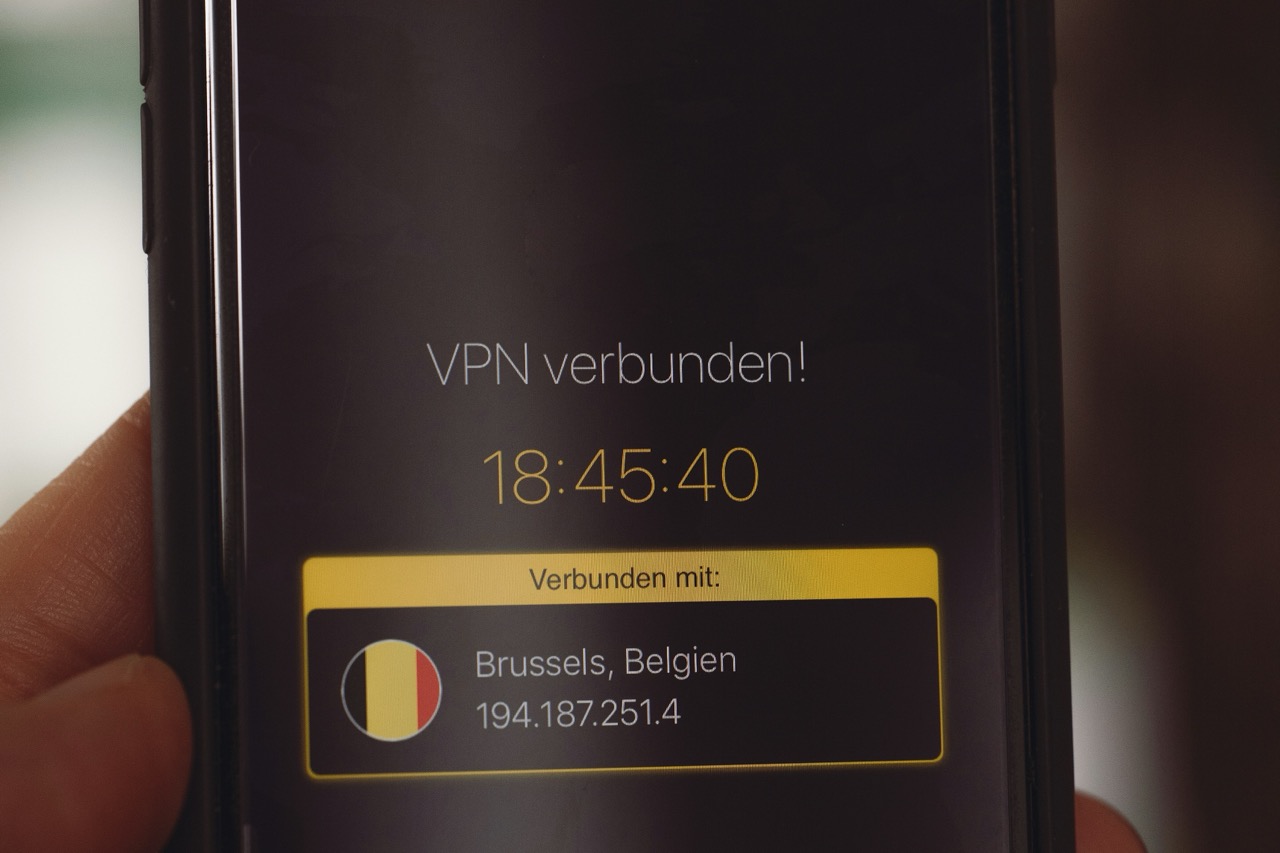In an increasingly digital world, the need for robust online security and privacy has never been more critical. Virtual Private Networks (VPNs) have emerged as essential tools for both individuals and organizations seeking to protect their online activities. A VPN not only enhances security but also provides a host of additional benefits that can significantly improve day-to-day internet use. This article delves into the key advantages of using a VPN in everyday life, highlighting its role in safeguarding privacy, securing internet connections, bypassing geographical content restrictions, and enhancing overall security.
1. Enhancing Online Privacy with a Virtual Private Network
One of the primary benefits of using a VPN is the enhancement of online privacy. By encrypting internet traffic and routing data through a secure server, VPNs obscure users’ IP addresses, making it substantially more difficult for third parties—such as advertisers, ISPs, and government agencies—to track online activities. This increased level of anonymity ensures that users can browse the internet without the constant worry of being monitored or having their data collected.
Furthermore, many VPN providers have strict no-logs policies, meaning they do not store user activity data. This adds an additional layer of privacy, ensuring that even in the event of a data breach, user information remains protected. As such, individuals can engage in online activities—whether shopping, streaming, or simply browsing—without fear of compromising their personal information.
In an era where data breaches and privacy violations are prevalent, enhancing online privacy through a VPN is not just a luxury; it is becoming a necessity. The ability to control who accesses personal information and under what circumstances strongly appeals to those who prioritize their digital privacy.
2. Securing Public Wi-Fi Connections with VPN Technology
Public Wi-Fi networks, commonly found in cafes, airports, and hotels, are notoriously vulnerable to cyber threats. These open networks often lack encryption, making it easy for hackers to intercept data transmitted over them. Using a VPN can significantly enhance the security of these connections by providing a secure, encrypted tunnel for data transfer, thus protecting sensitive information like passwords or credit card numbers from interception.
When connected to a VPN, even on unsecured public Wi-Fi, users can enjoy peace of mind knowing that their data is encrypted and secure. The VPN masks the user’s IP address, making it challenging for hackers to identify and target their devices. This is crucial for maintaining security, particularly for individuals who frequently access sensitive information while on the go.
Moreover, utilizing a VPN on public networks can help prevent potential man-in-the-middle attacks, where cybercriminals position themselves between the user and the Wi-Fi connection to eavesdrop on communications. Thus, VPN technology acts as a robust line of defense against the inherent risks associated with public Wi-Fi.
3. Bypassing Geo-Restrictions: Accessing Global Content
Another significant advantage of using a VPN is its ability to bypass geo-restrictions, allowing users to access content that may be blocked or restricted in their region. Streaming services, social media platforms, and news websites often impose geographic barriers that limit users’ access based on their IP addresses. By connecting to a VPN server located in a different region, users can effectively mask their location and gain access to a wider range of content.
This capability is especially beneficial for expatriates or travelers who wish to access services that are restricted to their home countries. For example, an individual traveling abroad may want to access their home country’s Netflix library, which may contain different shows and movies due to licensing agreements. A VPN solves this problem by enabling them to connect to a server in their home country, thus gaining access to the desired content.
Additionally, bypassing geo-restrictions through a VPN not only enhances entertainment options but can also provide access to critical information during times of political unrest or censorship. This aspect empowers users to stay informed and connected, regardless of their physical location.
4. Protecting Sensitive Data from Cyber Threats and Hackers
As cyber threats continue to evolve, the need for robust data protection becomes paramount. A VPN serves as a critical tool in safeguarding sensitive data from hackers and cybercriminals. By encrypting data before it is transmitted over the internet, a VPN makes it nearly impossible for unauthorized entities to access or decipher sensitive information, such as login credentials or financial details.
Moreover, VPNs provide an additional layer of security by ensuring that data remains secure against various forms of attacks, including phishing, malware, and ransomware. For example, in scenarios where users may inadvertently connect to compromised networks, a VPN can bolster defenses by keeping their data shielded from potential threats. This is especially important for businesses that handle sensitive client information and are responsible for maintaining data integrity.
Furthermore, with the rise of remote working, ensuring the security of sensitive data has never been more crucial. VPNs help protect corporate data from exposure to public networks, ensuring that employees can access company resources securely, irrespective of their location. This capability is vital for maintaining the integrity of business operations and protecting intellectual property.
5. Maintaining Anonymity: VPNs and Digital Footprint Control
Maintaining anonymity online has become increasingly challenging as digital footprints expand. Every online activity, from browsing history to social media interactions, contributes to a growing repository of personal data that can be exploited. A VPN plays a crucial role in controlling this digital footprint by masking users’ IP addresses and preventing tracking by websites and advertising networks.
By utilizing a VPN, users can significantly limit the amount of data collected about them. Without the ability to access an identifiable IP address, advertisers and data collectors are unable to create detailed profiles based on users’ online behavior. This not only enhances privacy but also empowers individuals to take control of how their information is used and shared across the internet.
Additionally, maintaining anonymity through a VPN can be particularly beneficial for individuals in sensitive situations, such as whistleblowers or activists. VPNs allow these individuals to communicate and share information without the risk of being identified or targeted, thereby safeguarding their safety and privacy in precarious environments.
6. Improving Remote Work Security: VPNs for Businesses
The landscape of work has shifted significantly towards remote arrangements, creating new security challenges for businesses. VPNs serve as a vital tool for organizations striving to maintain secure connections between remote employees and the corporate network. By using a VPN, businesses can ensure that sensitive company data remains protected from potential breaches when accessed over public or unsecured networks.
Implementing a VPN allows companies to enforce secure access protocols, requiring users to authenticate before gaining entry to the network. This not only provides an additional layer of security but also allows organizations to maintain oversight of who accesses their data and from where. Consequently, businesses can mitigate the risk of unauthorized access, ensuring that only trusted employees are able to utilize corporate resources.
Moreover, utilizing a VPN can facilitate compliance with industry regulations and standards by ensuring that sensitive data is encrypted during transmission. Many industries, such as finance and healthcare, have strict regulatory requirements regarding data protection. By integrating a VPN into their operations, businesses can demonstrate a commitment to security and compliance, thereby fostering trust among clients and stakeholders.
In conclusion, the key benefits of using a VPN in everyday life are manifold, ranging from enhanced online privacy to improved security against cyber threats. As individuals and organizations continue to navigate the complexities of the digital landscape, the adoption of VPN technology becomes increasingly essential. By safeguarding sensitive data, bypassing geo-restrictions, and maintaining anonymity, VPNs empower users to take control of their online experiences in an age where privacy is paramount. Embracing VPN technology not only enhances personal and organizational security but also enriches the overall internet experience, making it a worthwhile investment for anyone looking to navigate the digital world safely.










